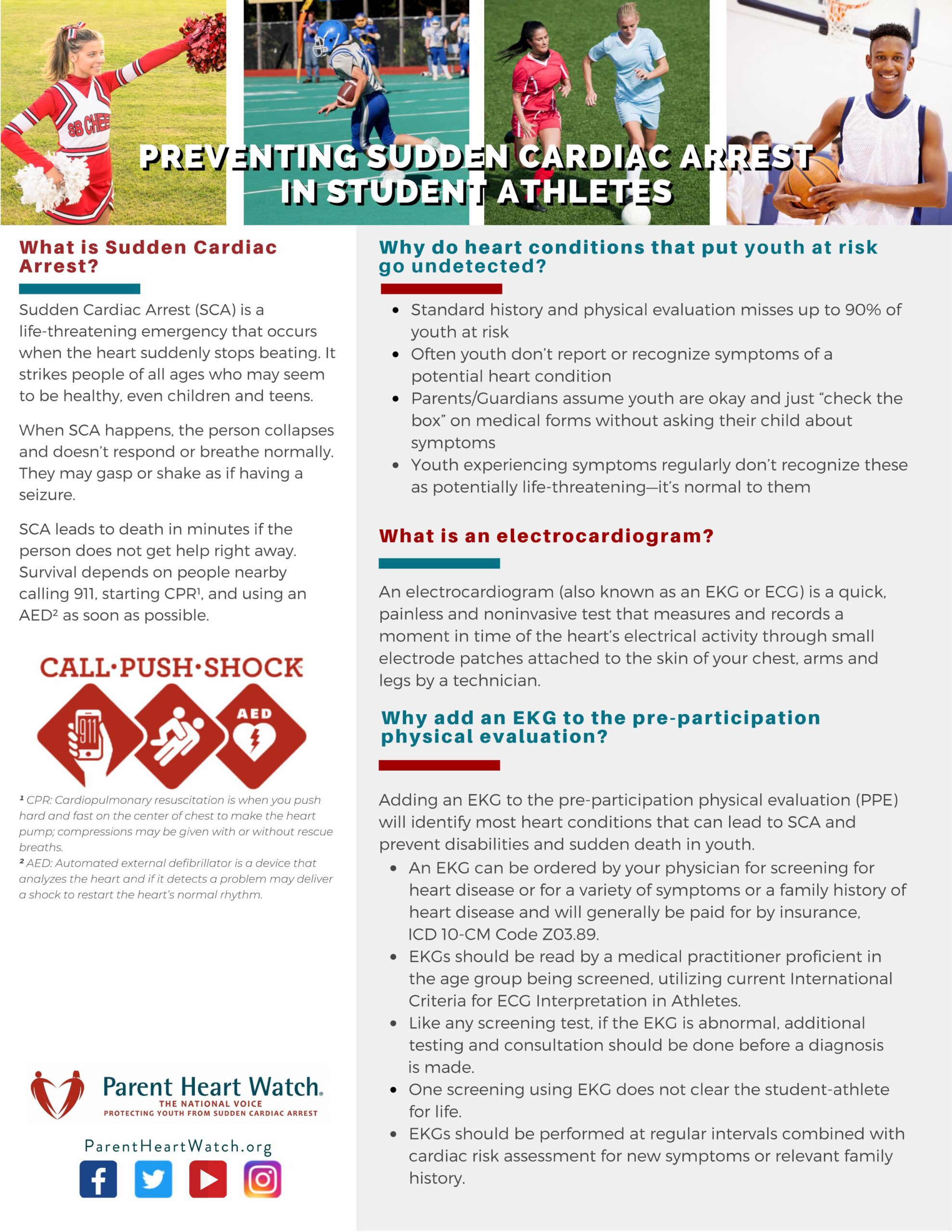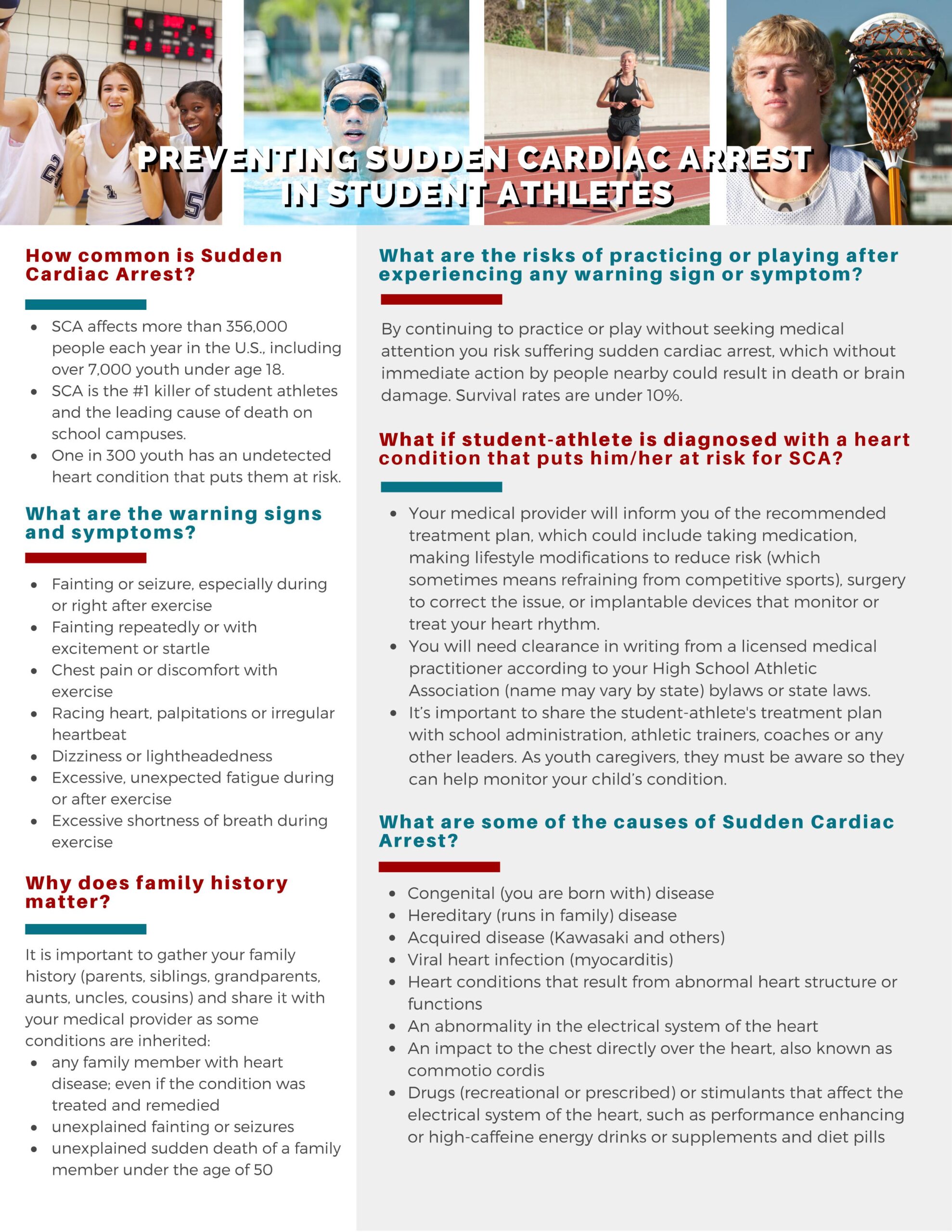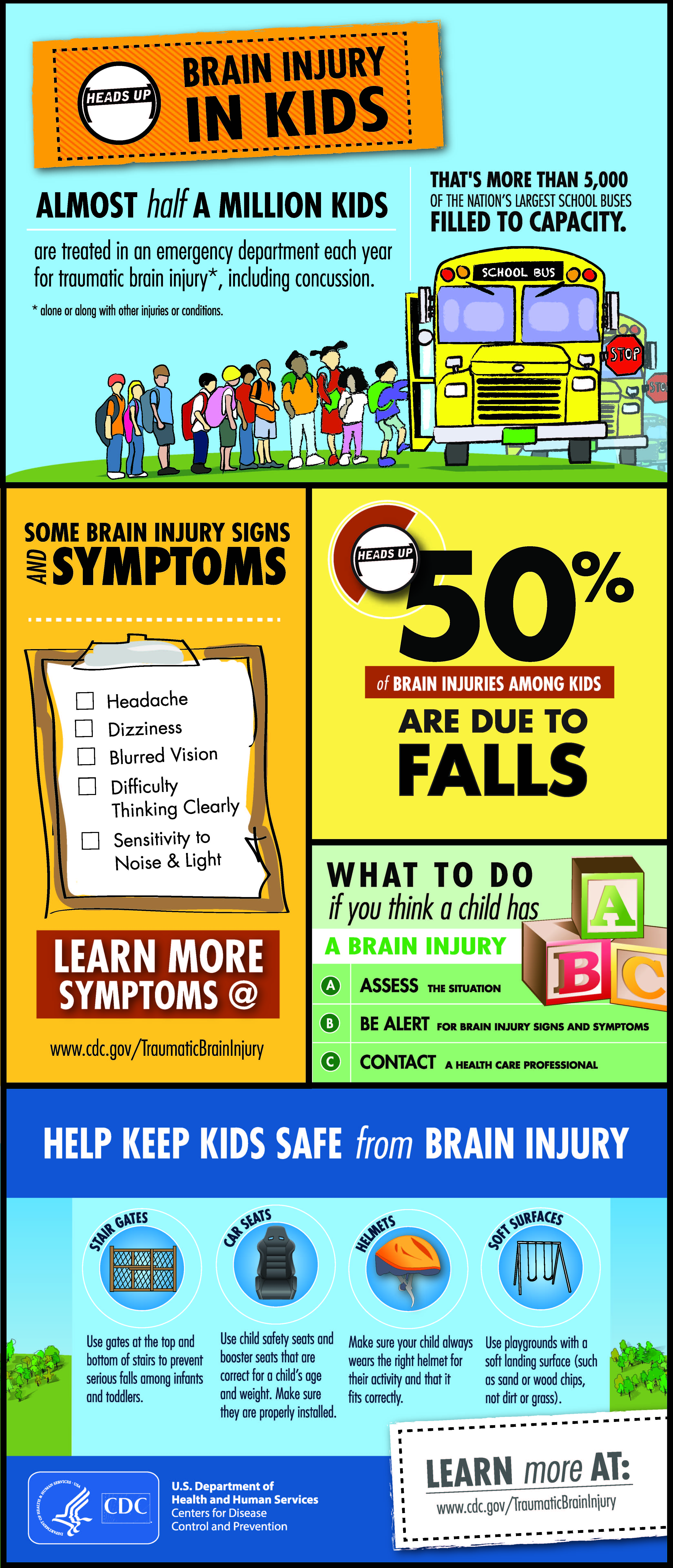Safety & Training
Heads Up Concussion
Get prepared for the new season.
HEADS UP to Youth Sports is a free, online course available to coaches, parents, sports officials, athletic trainers, and others helping to keep athletes safe from concussion.
Coaches: Click HEREexternal icon to launch the course.
Please see How to Create an Account in CDC Train pdf icon[PDF – 865 KB] for instructions.
Privacy Notice: You will be asked to provide your e-mail address if you decide to register for the online training. Please note that it is not necessary to register for the training in order to use this site. Your registration is voluntary. Any information that you provide is fully protected. It is stored temporarily and used only for online training registration purposes.
Additional Training Resource Information:
https://www.cdc.gov/headsup/resources/training.html
In compliance with state laws AB2007 and AB379, we require all adults that engage with players in practices and games, to annually complete the CDC's Heads Up Concussion Awareness and Prevention training program.
Sudden Cardiac Arrest
Sudden Cardiac Arrest (SCA) is a life-threatening emergency that occurs when the heart suddenly stops beating. It strikes people of all ages who may seem to be healthy, even children and teens.
When SCA happens, the person collapses and doesn’t respond or breathe normally. They may gasp or shake as if having a seizure.
SCA leads to death in minutes if the person does not get help right away. Survival depends on people nearby calling 911, starting CPR¹, and using an AED² (if available) as soon as possible.
Sudden Cardiac Arrest (SCA) is the leading cause of death in the U.S., taking the lives of 356,000 people annually. But what most parents don’t know is that SCA is the #1 killer of student athletes and the leading cause of death on school campuses. One in 300 youth has an undetected heart condition that puts them at risk. In fact, an estimated 7,0006 to 23,0007 youth are stricken annually.
So why are we often led to believe that SCA in youth is “too rare” to worry about?
The precise incidence of SCA in youth is presently unknown due to the lack of a mandatory and systematic national registry of SCA/SCD in youth. Parent Heart Watch strongly advocates for the establishment of such a registry to provide more accurate data that will motivate new research and strategies that will lead to SCA and SCD prevention.
PHBA is equipped with an AED in the Snack Shack at the Pleasant Oaks Park Fields.
Additional Resource Information:
https://parentheartwatch.org/resources/what-is-sca/
In compliance with state law AB379, we require all adults that engage with players in practices and games, to complete a Sudden Cardiac Arrest awareness and prevention training like this, or show proof of active CPR and AED certification.


Child Abuse Prevention
What must be reported:
Any of the below acts involving anyone under the age of 18:
- Physical Abuse
- Sexual Abuse
- Emotional Abuse
- Neglect
If you suspect that a child is in danger of abuse or neglect, REPORT IT.
Community members, such as Volunteers, have an important role in protecting children from abuse and neglect. Although some Volunteers are not required by law to report suspected Child Abuse, they are encouraged to do so.
PHBA takes all suspicions about child abuse seriously and is available to offer support by contacting Beverly Razook, Board Member - Safety & Training (BRazook@PHBA.org)
Additional Resource Information:
https://mandatedreporterca.com/about/about-the-project
In compliance with state law AB506 and in an effort to maintain player safety, PHBA requires all adults that interact with players to complete Livescan fingerprinting, annual background checks, "Sexual Abuse Awareness in Youth Sports for the state of California" training through Abuse Prevention Systems, as well as be easily identifiable. On-the-field adults must wear their PHBA badge with the current sticker at all times around players.
If you have any questions, concerns, or comments about anything discussed above, please contact Beverly Razook, Board Member - Safety & Training (BRazook@PHBA.org).



